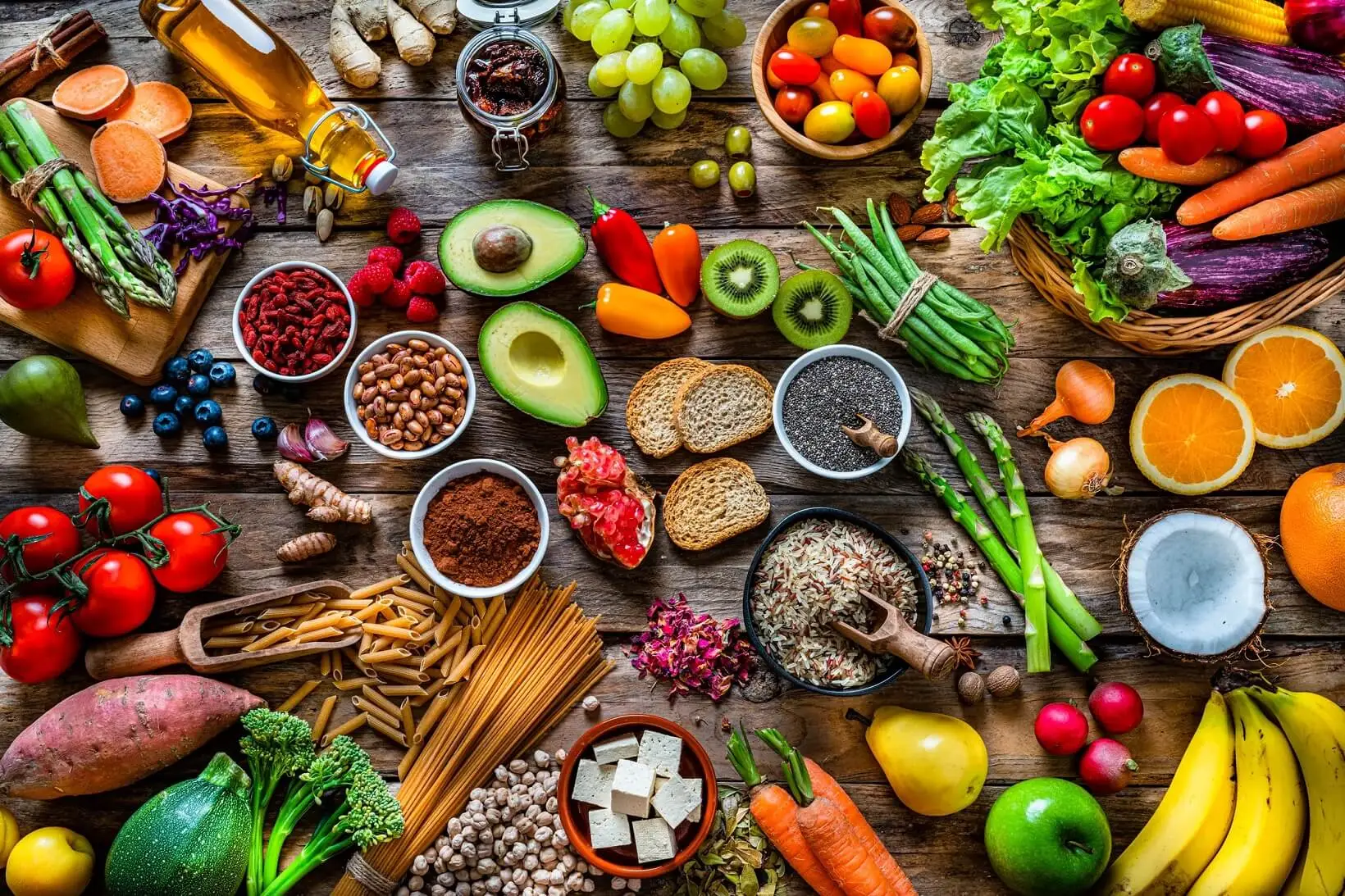For years physicians and researchers have touted the benefits of the Mediterranean diet. People who follow it can live decades longer. And the best thing about it is that it’s delicious. In the 1950’s, researchers across the globe embarked on an ambitious plan to study thousands of middle-aged men who lived in Europe, Japan and the United States. Those who lived in the Mediterranean (countries like Italy, Greece and Croatia) had lower rates of cardiovascular disease than those who lived elsewhere. This led to the touting of the Mediterranean Diet, which is not a diet so much as focusing on fruits, vegetables, legumes, whole grains, nuts, seeds, lean proteins and healthy fats like olive oil.  “It’s one of a small number of diets that has research to back it up,†Dr. Sean Heffron, a preventive cardiologist at NYU Langone Health, told The New York Times. “It isn’t a diet that was cooked up in the mind of some person to generate money. It’s something that was developed over time, by millions of people, because it actually tastes good. And it just happens to be healthy,†he said. So try eating more fish rich in omega-3 loke salmon, sardines and tuna and other lean animal proteins like chicken and turkey are also part of the diet. Red meat and butter are eaten rarely but eggs and other dairy products like yogurt and cheese are OK, as is moderate alcohol consumption.




